Summary
On May 28, 2020 the CEWS FAQ was Updated. Three questions focused on revenue calculation (deductibility of bad debts, consolidated groups that have non-residents, and affiliated groups that don’t prepare consolidated financial statements). Also, one question has been added that confirms that retroactive payments cannot increase baseline remuneration.
New Questions added
6-3. Can an eligible employer deduct its bad debts when determining its qualifying revenue under the accrual method?
When using the accrual method in accordance with its normal accounting practices, an eligible employer should usually not be able to deduct its bad debts (or an allowance for bad debts), when determining its qualifying revenue.
9-1. How is the qualifying revenue arising in the course of ordinary activities in Canada determined when a consolidated group includes non-residents of Canada?
A non-resident may be part of a group of eligible employers that normally prepares consolidated financial statements (see Q9) or a member of an affiliated group of eligible employers that jointly elects to compute qualifying revenue on a consolidated basis as described in Q10. In accordance with accounting principles for consolidation, consolidated revenue excludes transactions between members of the group but includes global revenue of the group. The qualifying revenue of an eligible employer does not include the portion of consolidated revenue that does not arise in the course of ordinary activities in Canada. The eligible employer can however include the portion of the consolidated revenue that arises in the course of ordinary activities in Canada whether or not the ultimate sale to third parties occurs in Canada.
For example, an amount representing a portion of the revenue from a sale to a third party by a non-resident member of the group may be included in computing the qualifying revenue of the eligible employer if it can be demonstrated that it arose in the course of the ordinary activities of the group in Canada. In determining whether a portion of the amount of a sale to a third party arose in Canada, each transaction or series of transactions will need to be considered in light of the facts and circumstances of that particular situation.
10-2. Can affiliated corporations that are not in the same ownership chain, determine their qualifying revenue on a consolidated basis, even if they cannot prepare consolidated financial statements?
On the assumption that affiliated corporations that are not in the same ownership chain, are otherwise eligible employers, they can jointly elect to determine their revenue on a consolidated basis, as though the relevant accounting principles for consolidation applied to them. This means, for example, that intercompany transactions should be eliminated.
Where there are multiple entities in an affiliated group, if an election is going to be made, all eligible employers in the affiliated group must consolidate for the purpose of calculating qualifying revenue. It is not possible to have only some of those eligible employers in the affiliated group elect to consolidate.
This consolidation would be solely for purposes of calculating qualifying revenue for members of an affiliated group for purposes of the wage subsidy.
18-1. Can eligible remuneration be retroactively paid to increase baseline remuneration?
No. A payment of eligible remuneration from an eligible employer to an eligible employee made subsequent to the period that begins on January 1, 2020 and ends on March 15, 2020, is excluded from baseline remuneration. For a payment of eligible remuneration to be included in baseline remuneration, such an amount must be paid between January 1, 2020 and March 15, 2020, inclusive.
Note: On May 15, 2020, the government announced a proposal to amend the wage subsidy to allow employers to choose one of two periods when calculating the baseline remuneration of their employees. Specifically, employers would be allowed to calculate baseline remuneration for an employee as the average weekly remuneration paid to the employee from January 1 to March 15 of 2020, or, alternatively, as the average weekly remuneration paid to the employee from March 1 to May 31 of 2019, in both cases excluding any period of 7 or more consecutive days without remuneration. Employers would be able to choose which period to use on an employee-by-employee basis.
This proposed change is not yet enacted and would come into effect when it receives Royal Assent. The change is proposed to be retroactive to April 11, 2020, which means that it would apply to the first claim period starting March 15, 2020 and subsequent claim periods.
This proposed change does not impact the above response that eligible remuneration cannot be paid retroactively to increase baseline remuneration.
